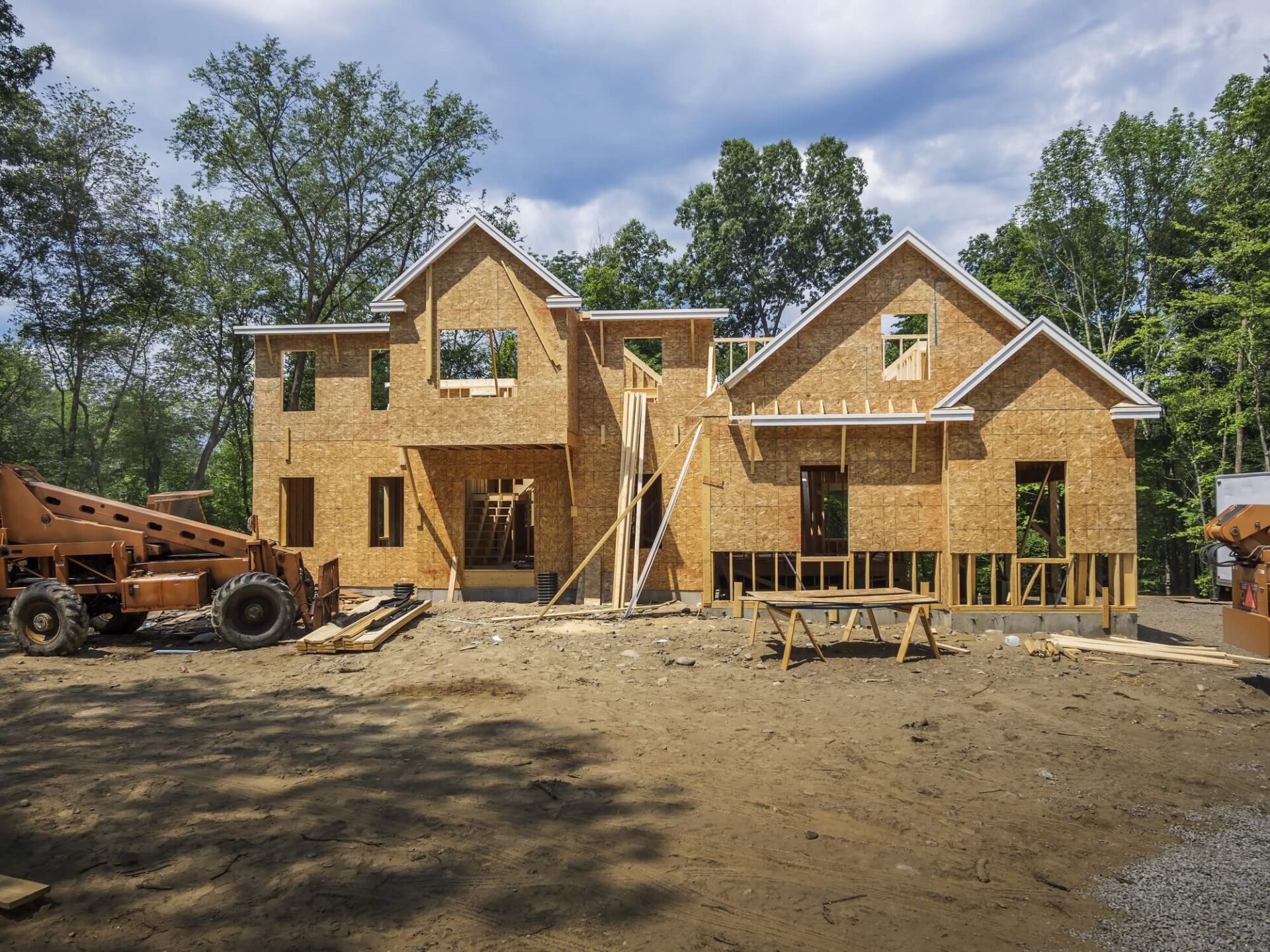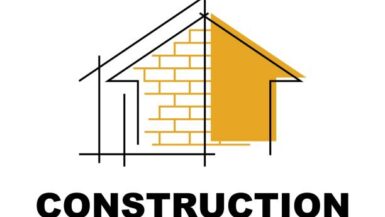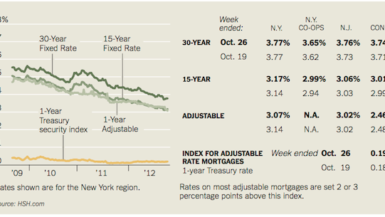Building a house is an exciting venture, but one of the most common questions that arise in the minds of aspiring homeowners is, “How long will it take to complete?” The answer is not straightforward, as several factors come into play, affecting the overall duration of the construction process. In this article, we will explore these factors, the various phases of house construction, and valuable tips to expedite the process while maintaining quality.
Factors Affecting the Time to Build a House
House Size and Complexity (H1)
The size and complexity of the house significantly impact the construction timeline. Larger and more intricate homes with custom designs tend to take longer to build compared to smaller, straightforward structures.
Construction Materials (H2)
The choice of construction materials can affect both the duration and quality of the construction process. Some materials may require specialized skills, while others might lead to faster construction due to ease of installation.
Weather Conditions (H2)
Adverse weather conditions can cause delays in construction. Extreme temperatures, heavy rain, or snow can slow down progress, especially for outdoor tasks.
Availability of Skilled Labor (H2)
A shortage of skilled labor can extend the construction timeline. Having experienced and efficient workers is crucial for a smooth and timely completion.
Permits and Inspections (H2)
Obtaining necessary permits and passing inspections is a critical aspect of the construction process. Delays in this phase can halt progress until approvals are obtained.
Project Management (H2)
Efficient project management is essential to keep the construction on schedule. Effective coordination and planning can help streamline the process.
Pre-fabricated vs. On-site Construction (H2)
Prefabricated construction methods can be faster since components are manufactured off-site and assembled on-site. On the other hand, on-site construction offers more flexibility in design but might take longer.
Budget Constraints (H2)
Budget limitations can influence the speed of construction. Adequate funds are required to ensure a steady flow of work and timely completion.
Phases of House Construction
Design and Planning (H1)
The design and planning phase lays the foundation for the entire project. This phase includes brainstorming ideas, architectural drawings, obtaining necessary permits, and selecting construction materials.
Foundation and Framing (H1)
The foundation is the base on which the house stands. It is essential to ensure a solid and stable foundation. Framing follows the foundation and involves constructing the skeletal structure of the house.
Exterior and Interior Work (H1)
Once the frame is complete, exterior work, such as roofing, siding, and windows installation, takes place. Simultaneously, interior work, including plumbing, electrical, and insulation, begins.
Finishing Touches (H1)
The final phase involves finishing touches, such as painting, flooring, cabinetry, and other cosmetic elements that bring the house to completion.
Time Estimates for Each Construction Phase
Design and Planning Phase
The design and planning phase can take anywhere from a few weeks to several months, depending on the complexity of the project and obtaining necessary permits.
Foundation and Framing Phase
The foundation and framing phase usually takes about 3 to 6 months, considering the size and design intricacies of the house.
Exterior and Interior Work Phase
The exterior and interior work phase can range from 4 to 8 months, depending on the scope of work and available workforce.
Finishing Touches Phase
The finishing touches phase typically takes around 2 to 4 months, as it involves attention to detail to achieve the desired aesthetics.
Tips to Speed Up the Construction Process
Hire a Reputable Contractor
Choosing a reputable and experienced contractor is crucial for timely completion and quality craftsmanship.
Ensure Clear Communication
Open and clear communication between all parties involved in the project can prevent misunderstandings and delays.
Choose Efficient Construction Methods
Opting for efficient construction methods, such as prefabricated components, can help expedite the process.
Order Materials in Advance
Planning and ordering materials ahead of time can prevent delays caused by material shortages.
Be Prepared for Unforeseen Delays
Unforeseen circumstances, like weather disruptions or permit delays, should be factored into the construction timeline.
Conclusion
In conclusion, the time it takes to build a house varies based on multiple factors, including house size, complexity, materials used, weather conditions, labor availability, and efficient project management. Understanding the different construction phases and implementing effective strategies can speed up the process without compromising on quality.





Leave a reply